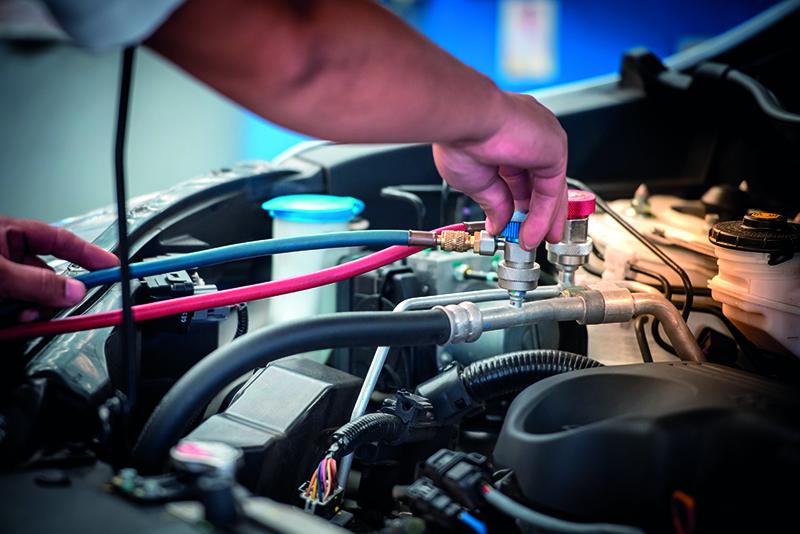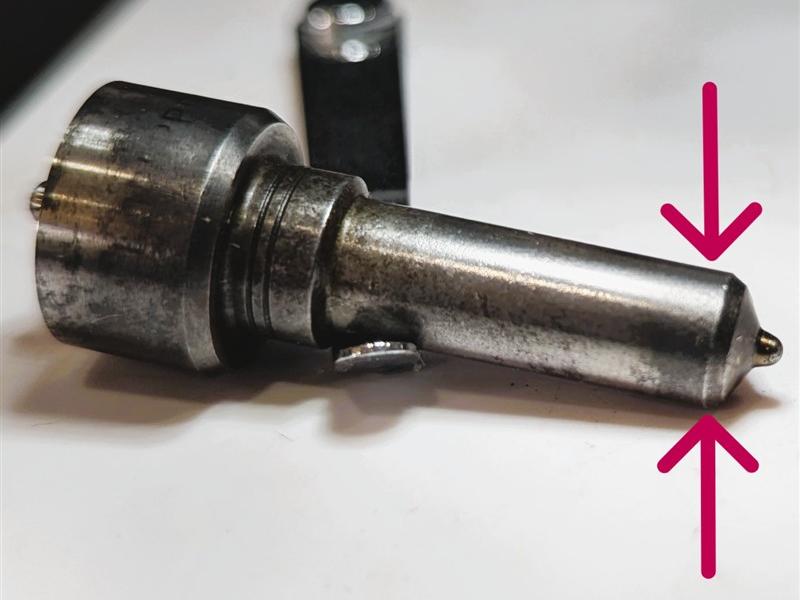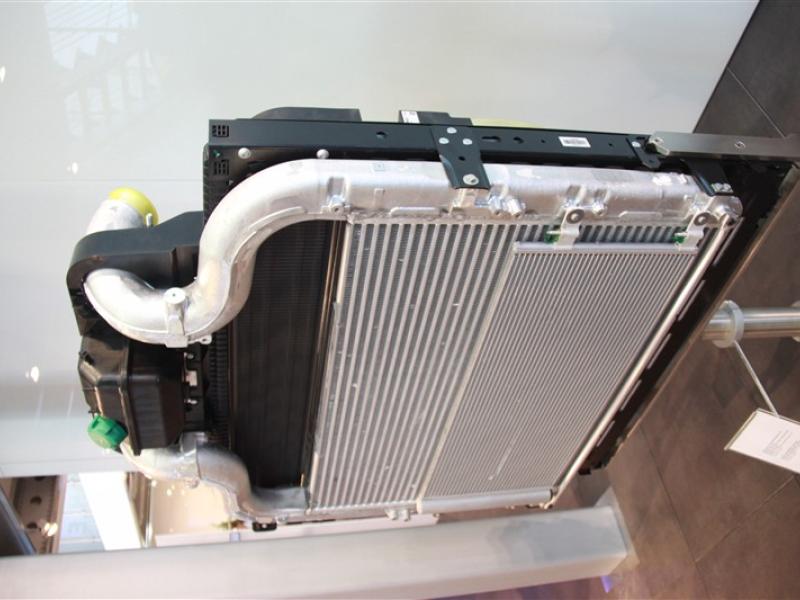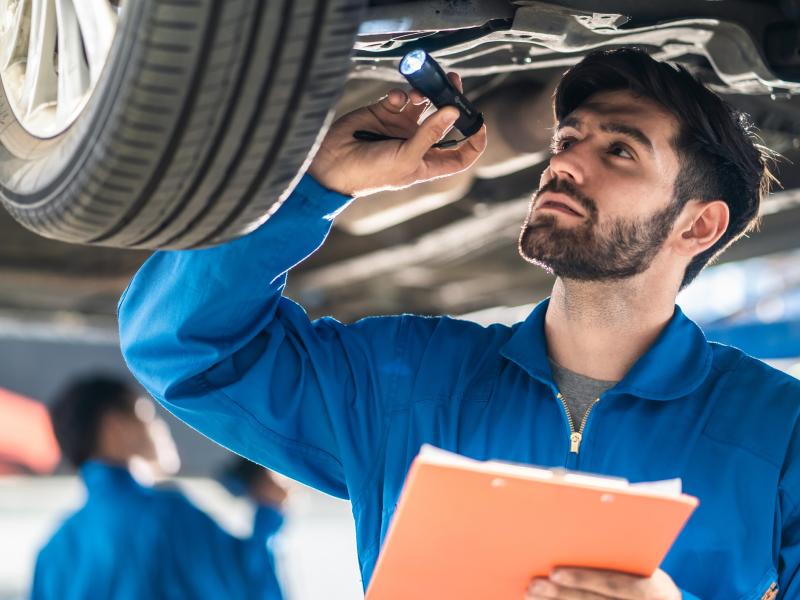The independent review will identify where Cool-Safe will invest $500,000 per annum to build capacity and capability within the New Zealand HVACR sector. A programme of work funded by the first round of allocation will begin before the end of the year.
Cool-Safe, Aotearoa New Zealand’s Ministry for the Environment accredited voluntary product stewardship scheme, has launched an independent review into training needs and resources urgently required within the refrigerants industry.
The review, and subsequent investment into industry training resources, follows feedback from the refrigerants industry that there are significant gaps and inconsistencies in current training available and being delivered. These gaps have been highlighted as putting at risk both the safety of refrigerant technicians and end-user of the refrigerant containing products, as well as the effective environmental management of refrigerants.
Addressing these gaps and ensuring refrigerant technicians are appropriately trained is one of the key ways we can ensure refrigerant containing equipment is installed and maintained correctly, preventing the unnecessary and harmful release of synthetic refrigerant greenhouse gas emissions into the atmosphere.
There are also training risks relating to the Government’s commitment to support the Kigali Amendment to the Montreal Protocol, requiring the transition from greenhouse gas emitting synthetic refrigerants to low Global Warming Potential (GWP) refrigerants, including natural refrigerants. While natural refrigerants have little to no impact on climate change compared to synthetic refrigerants, some can be highly flammable if incorrectly handled. This can make them an area of safety risk for both the refrigerant technician handing the refrigerant and end-user of the refrigerant containing product.
Toby Beaglehole, a former Chief Executive in both vocational education and oil and gas, along with governance roles in Health and Safey and workforce development, is leading the independent review.
Through the review process Toby will be calling on industry representatives to input to:
• An assessment of what training and certification is currently available, and their appropriateness and value to industry.
• The immediate training gaps that need to be filled now.
• What training needs will be required in the future, especially as the industry looks to make the move from synthetic refrigerants to natural refrigerants.
The Trust for the Destruction of Synthetic Refrigerants, which was formed in 1993 to manage refrigerant gas collection and destruction in New Zealand, governs the Cool-Safe scheme. Its independent Chair Richard Lauder believes there will be multiple benefits to a focus on improving training across the industry, including the environmental impact on our climate:
“Over the last year as our trustees and Cool-Safe team have met with more and more of the frontline teams doing the really important job of ensuring we all have access to the benefits of refrigeration and heating in our businesses and homes, it’s clear there is frustration that this industry, that is so vital to our economy and well-being, isn’t appropriately supported with easy and plentiful access to rigorous and robust training resources.
“As an environmental trust, we’re particularly concerned by this – as we know a well-trained refrigerant workforce is key to preventing synthetic refrigerant gas leaks into our atmosphere, which can cause thousands of times more damage than the equivalent volume of CO2.
“That’s why we’ve made it a priority to invest in better access and improved training for the refrigerants industry.”
The review, including the delivery of a summary report and set of recommendations, is due to be completed by the middle of October 2023.
Cool-Safe will share the report and recommendations with industry, before working with industry representatives to launch an immediate programme of work funded up to $500,000 for the financial year 2023/24.






